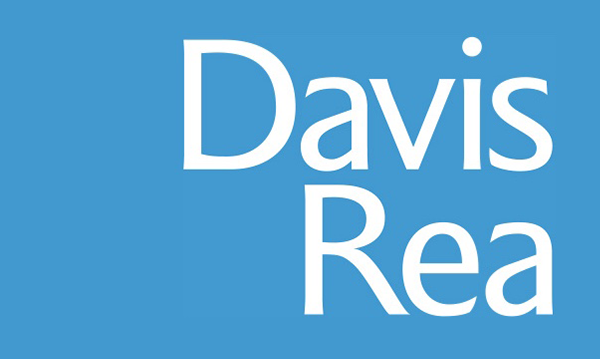Our recent update giving our first take on the impact and seriousness of the Coronavirus ended with this advice:
When trying to judge risks that have low probability, but potentially devastating impacts, it is wise to take action incrementally as the facts evolve. It appears that the authorities globally are taking proactive measures and while the deaths are a human tragedy, the most likely economic impact is going to be short-term. China currently is the most exposed and its importance to the world economy is significant. Based on the way these outbreaks have matured in the past, the next month will be key to gauge how severe an economic impact it will have. Your portfolios have cash. We will be monitoring the situation closely as it develops over the weeks ahead.
While we still hold our view that the likelihood of a major global pandemic wreaking devastating global impacts is small, we do not doubt that the economic impacts will be significant for the following reasons:
- China is the second-largest global economy. Its influence on economic activity in the rest of Asia is significant. When China gets a flu, all of Asia is weakened. When 60% of the global population is experiencing a setback, it’s hard to think the rest of the world is immune.
- There is no doubt that business supply chain disruptions in China will be acute. The Chinese government has shut down cities totaling 60 million people. If the virus spreads, we can expect further measures. The epicenter of this virus is a significant industrial center. The impact of the drop in production will reverberate across the country, affecting many other industries globally even if the virus is contained.
- Consider the impact on Apple Inc. Apple is in the early stages of an iPhone upcycle. China manufactures those phones. Chinese people buy a lot of phones. This virus will pass but its impacts on Apple will be an easy way to measure the financial cost of the flu should the recent trends continue, as Apple is the biggest company in the world. This week, as Apple announced record profits, they warned revenues could be affected by as much as $4 billion in the next 90 days because of the virus.
- Chinese people like to travel. As this flu spreads, not only will they spend less globally but others will likely travel and spend less too. Global airlines, hotels, cruise ship operators and casino operations, to name a few industries, will feel the pinch.
- Global Economic growth is already sluggish. Our projections for the coming year were for a global reacceleration of growth. This event must temper our enthusiasm.
When the flu starts to subside, likely in June if this flu follows the typical patterns, there will be a snap-back in economic activity from pent up demand being released back into the economy. That’s good, but will investors have the patience to look past these issues today?
In early January we wrote:
Today, Warren Buffett is sitting on $120 billion in cash and he is being chastised for his caution. We like Warren’s style. Like Warren, we like what we own but we will not part with your hard-earned cash until we see a little fear. We do not know what will cause fear, but investors have a habit of going loco not just to the upside but to the down as well. The past twenty years prove that keeping one’s head while others ride the waves of human emotion is a sound strategy. We may not beat the market, but we know what we own, and we know our job is to earn you a fair return and keep you calm.
We followed up those sentiments a few weeks later when we wrote to you:
Presently, the issue facing investors is that most stocks look pricy given the risks well understood and debated. Stocks have advanced meaningfully over the past year and on a two-year basis they have advanced 29%. That’s a 13% return per annum. Can we keep that pace given the weak profit growth we have experienced?
Given the new information available today, we feel the best course of action is continued caution. This new uncertainty reinforces our projection that interest rates will remain low. Low rates have been a boon for stock investors, but ultimately stocks need rising earnings. The hurdles have risen significantly for corporations to increase earnings in light of this newest headwind to growth. We do not yet know the extent of the damage, but we do know there will be some impact and the margin for error seems high given the elevated price of most stocks.

sobering!!
LikeLike
I love what you guys are up too. This kind of clever work and coverage! Keep up the amazing works guys I’ve incorporated you guys to my blogroll.
LikeLike